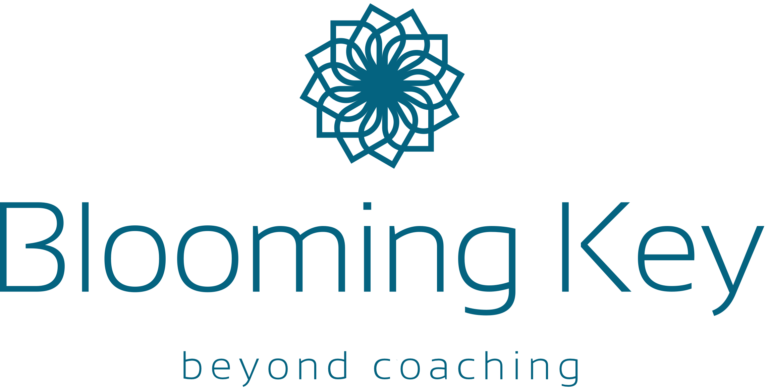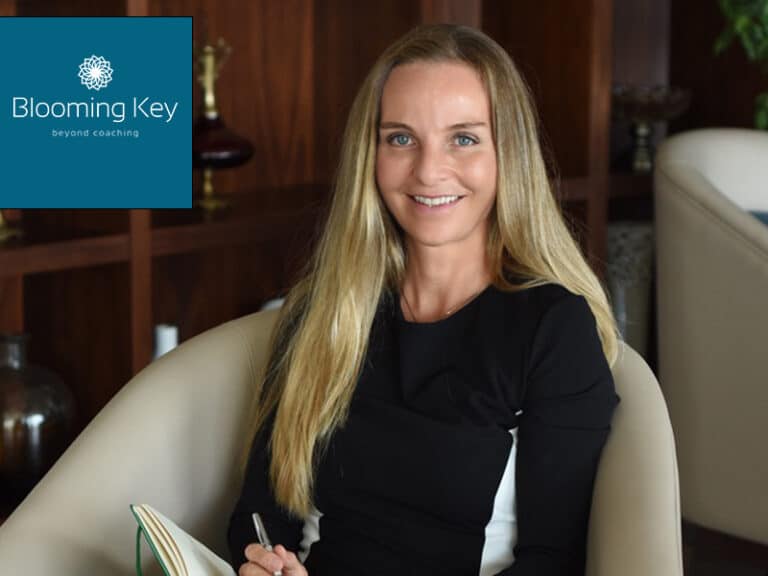Everybody faces grief at some points in their lives, so it helps to understand how to powerfully and efficiently deal with grief.
Let us start off by defining what Grief is.
Grief is a universal, natural response to any kind of loss that human beings face. Loss is part of a person’s everyday life. For every good action or deed that a person performs; there is an equal amount of negative emotion such as grief and loss.
The word grief has its origin in the Old French word ‘grever’ meaning ‘to burden’. Being a burden on someone is not something we all like to be. It is not ideal for a lot of people, and in a lot of instances. The pain they attach to their grief is overwhelming! Another layer to this thought- process would be with regards to how individuals process situations emotionally.
It is important to understand that people are on their designated path, and it becomes essential for us to be patient with people we care about. People adopt different techniques to deal with their emotions-specifically grief. Here is a list of 6 ways that will empower you to handle grief!
Six Ways of Dealing with Grief:
I. Acknowledge Your Pain
This is the first and most important step in the grief management process. People face facts, deal with emotions, and process pain in a specific way. All the other person can do is lend ears, that is, be empathetic listeners. Once you listen to both the words that people say and not say, you will realise that some people prefer to go through grief alone, or even take the help of nature and its resources.
II. Accept that grief can trigger many different and unexpected emotions
Grief is something that can set off other related emotions. We may not expect or anticipate the effect it has on us, or even on our loved ones. It is a huge, overwhelming feeling that cannot be encapsulated into something tangible. Physical health refers to bodily processes; how grief manifests in our lives is unfathomable. Accepting means being aware that a strong emotion like grief can have tumultuous effects on sleep patterns, eating cycles, and surprisingly our thinking patterns. Thinking patterns are overlooked which could be disastrous if not attended to. This leads to situations where the pain lingers on and shows up in our actions. This is what we need to positively tackle.
III. Understand that your grieving process will be unique to you
Everyone does not process loss and pain at the same emotional level. Always remember that! What we think about is what reflects on our physical health. When we have positive thoughts, our body listens to it and responds peacefully. For example, if you are angry or even upset about some event, or you attach certain negative emotions to certain circumstances and interactions like guilt, stress; it can be detrimental for the physical body in the long run.
IV. Seek out face-to-face support from people who care about you
Reach out to your loved ones when you are in pain. It doesn’t matter whether it is manageable by you or not. Only when you share your loss and pain with them, will you realize that there are people out there who care about you and just wish you well! You need not carry the burden of your loss on your shoulders. Learn to express your burden with those who care. This will take time; you will have to manage your expectations and that of the other person. But it will be worth it when you reflect on this pain or loss at a later stage of your life!
V. Support yourself emotionally by taking care of yourself physically
Health is wealth is a famous saying that is relevant in this context. Only if you can support yourself physically, will you be able to handle your mind and emotions. Food for your soul includes taking care of your physical health at the base level. Physical affects the mental and vice-versa. The ill effects of not having taken care of our physical health come to light in a major way in our later life. It manifests in the form of major illnesses- mild to severe – which then you have to deal with. The pain multiplies and adds up to the already existing one.
VI. Recognize the difference between grief and depression
There is a difference between grief and depression. It is important to make this bifurcation in life, and also share this with people you know and care about. Physical symptoms of an unbearable loss, of grief, start showing themself early on; sometimes even on the same day. Anxious people carry all kinds of burdens because of not having dealt with it effectively and at the right time. It exhibits joint pains, which could have an underlying cause in stress.
Losses when multiplied pave the way for an intense emotion- Grief. It is layered and possesses an emotive power. Ethics should be excluded when an emotion as strong as grief is spoken about. It is situational, seasonal, and differs from person to person. People have to navigate in unchartered waters when it comes to handling emotions that are personal to them, as well as emotions that their loved ones go through. The journey is like riding on a wave with your loved ones.
In short, grief is lifelong management of emotions and this makes one stronger and better equipped to deal with difficulties in life.






